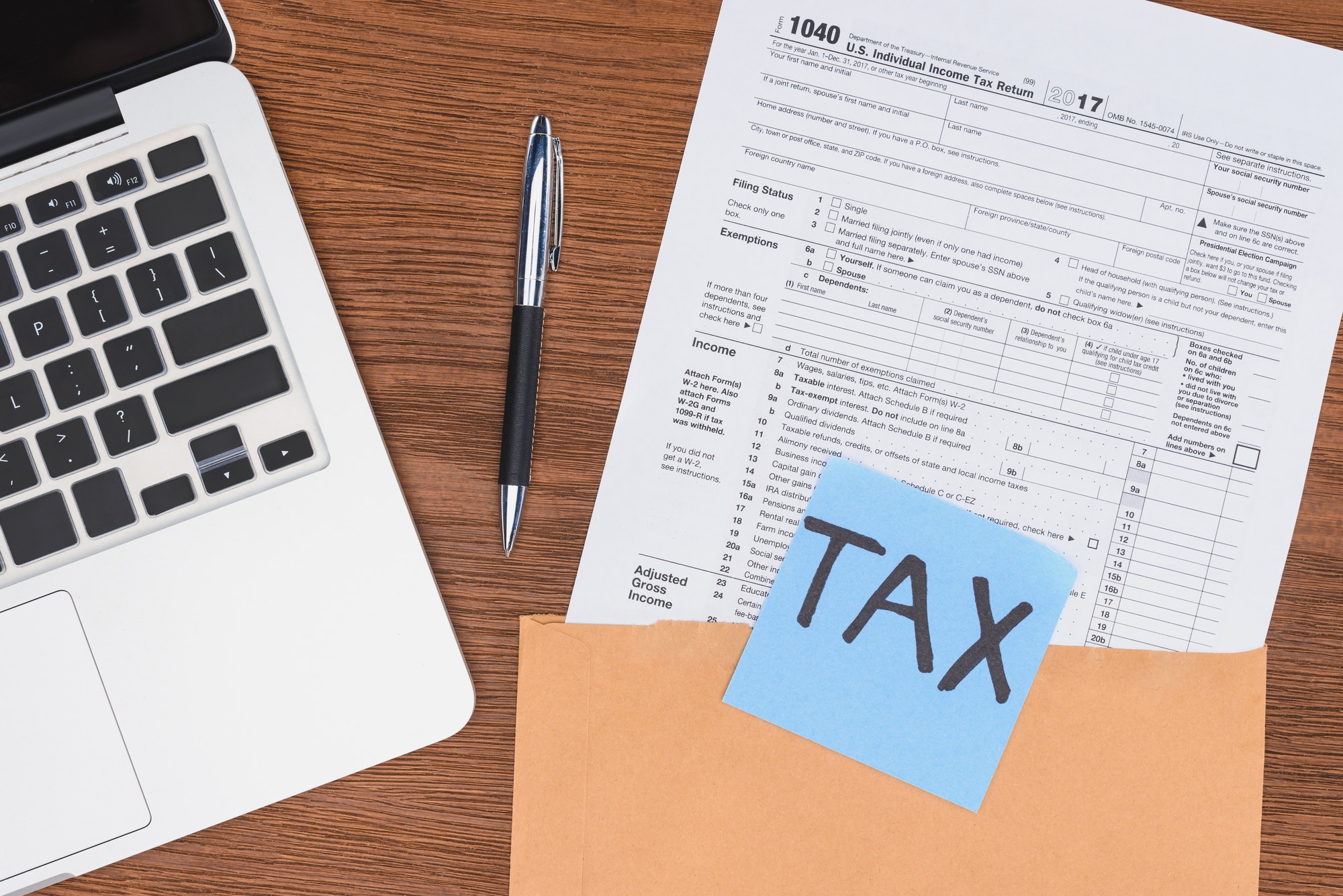Land remediation relief (LRR) can provide tax relief in all commercial property sectors where companies are subject to corporation tax. Unlike capital allowances, LRR is available to property investors and developers alike.
The types of relief are as follows:
Qualifying costs include the remediation of contaminated land, removal of asbestos from buildings, breaking-out buried structures and the treatment of harmful organisms and naturally occurring contaminants such as Japanese Knotweed, radon and arsenic.
Relief can be available on developments, regeneration projects, fit-outs and refurbishments.
***The time limit for retrospective claims is up to 3 years.***


Qualifying costs for land remediation relief include the remediation of contaminated land, removal of asbestos from buildings, breaking-out buried structures and the treatment of harmful organisms and naturally occurring contaminants such as Japanese Knotweed, radon and arsenic. Relevant land remediation are costs incurred for preventing, minimising, remedying or mitigating any harm, or pollution of controlled waters, by reason of which the land is in a contaminated state, or also restoring the land or polluted waters to their former state. Relief can be available on developments, regeneration projects, fit-outs and refurbishments.
As you would expect, the relief does come with conditions. To qualify for the relief, money must have been spent on the following:
There are also clear guidelines on what is considered qualified expenditure with regarding claims. The main qualifying activities are:
If you would like to know more or you’re not quite sure if your business qualifies for Land Remediation Relief. Then fill in the Contact Us Form and one of our experts will be happy to speak with you.
Our combination of surveying, tax and accounting experience and expertise enables Incentivas to maximise the available tax reliefs and prepare robust Land Remediation Relief claims for submission to HMRC if required.
We will analyse applicable expenditure, perform the required apportionments and calculations before preparing a fully disclosed claim document which sets out the legal basis and all qualifying expenditure of the claim.
We can take you through the entire process of a Land Remediation Relief claim. The purchase of land and buildings for development can be complex and any entitlement to claim Land Remediation Relief may be overlooked. We can give contract advice to avoid losing entitlement to the relief. We can help assess the costs and the likely benefit of making a claim.
Our team can also advise on the practical taxation and accounting aspects of Land Remediation Relief ensuring our clients maximise the relief in an efficient manner in future financial periods.

Incentivas is an exceptional service for UK businesses to claim the full entitlement to Government-backed tax reliefs for Research & Development.
Incentivas is a trading style of Incentivas R&D Ltd.
